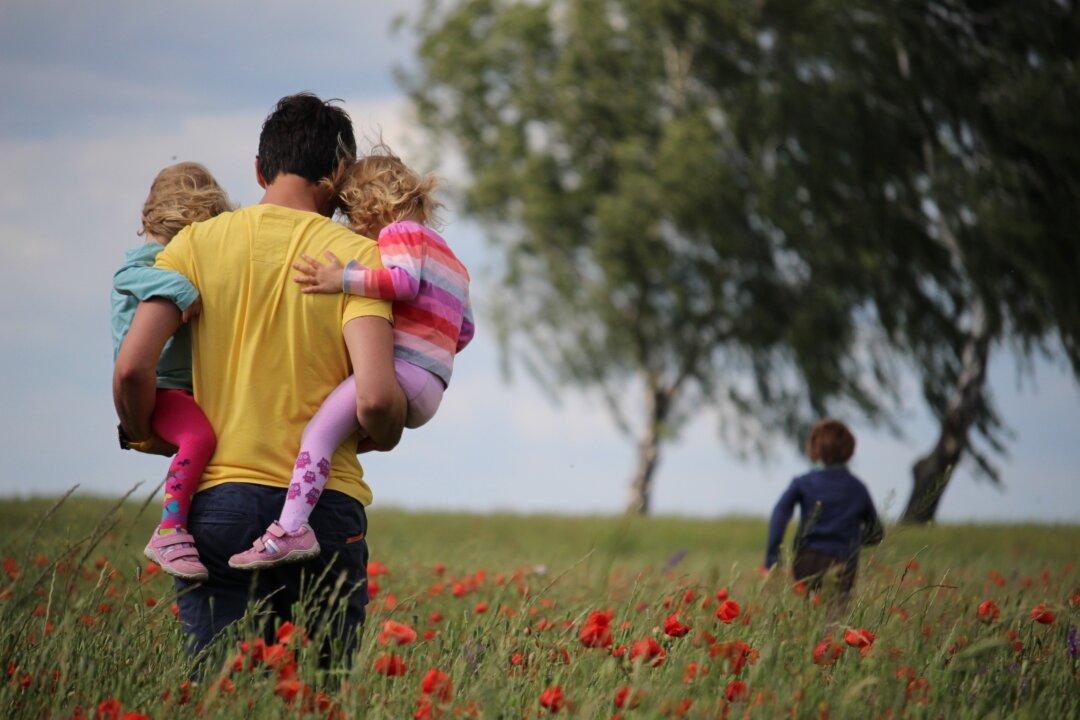As a teenager, I would spend a few hours of my autumn weekends watching football on television. Sometimes, when a break in play occurred, the camera would scan a team’s bench, where some player, realizing he was on the air, would smile, wave his hand, and shout, “Hey, Mom!” or “I love you, Mom!”
Rarely did any of the players say “Hey Dad!”






